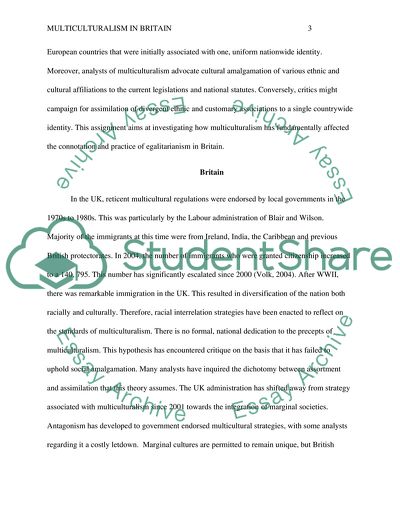Cite this document
(Multicultural Regulations in the UK Term Paper Example | Topics and Well Written Essays - 2000 words, n.d.)
Multicultural Regulations in the UK Term Paper Example | Topics and Well Written Essays - 2000 words. Retrieved from https://studentshare.org/sociology/1770381-6how-has-multiculturalism-influenced-the-meaning-and-practice-of-equality-in-britain
Multicultural Regulations in the UK Term Paper Example | Topics and Well Written Essays - 2000 words. Retrieved from https://studentshare.org/sociology/1770381-6how-has-multiculturalism-influenced-the-meaning-and-practice-of-equality-in-britain
(Multicultural Regulations in the UK Term Paper Example | Topics and Well Written Essays - 2000 Words)
Multicultural Regulations in the UK Term Paper Example | Topics and Well Written Essays - 2000 Words. https://studentshare.org/sociology/1770381-6how-has-multiculturalism-influenced-the-meaning-and-practice-of-equality-in-britain.
Multicultural Regulations in the UK Term Paper Example | Topics and Well Written Essays - 2000 Words. https://studentshare.org/sociology/1770381-6how-has-multiculturalism-influenced-the-meaning-and-practice-of-equality-in-britain.
“Multicultural Regulations in the UK Term Paper Example | Topics and Well Written Essays - 2000 Words”. https://studentshare.org/sociology/1770381-6how-has-multiculturalism-influenced-the-meaning-and-practice-of-equality-in-britain.


